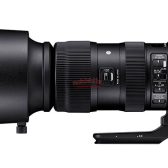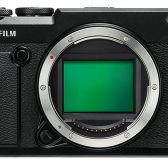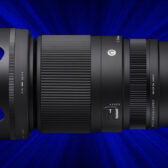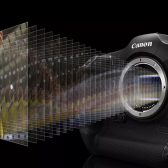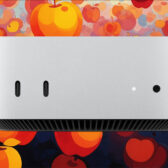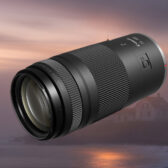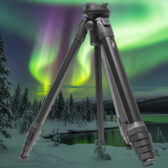HardwareZone had a chance to sit down with Canon executives and discuss the development of the Canon EOS R. They covered all the topics a lot of people seem to care about, like the omission of IBIS and the 1.7x crop in 4K shooting.
Why is there no in-body image stabilization (IBIS) in the EOS R?
Shoji Kaihara: We had to look at the balance of the entire camera, like the size and other aspects. Based on that, it’s not something we are able to include in the EOS R at this time. We are quite aware that there are pros and cons to that.
Why does the EOS R shoot 4k video with a 1.7x crop?
Shoji Kaihara: When developing the EOS R, we looked at all the hardware we had in the pipeline. When we look at the image processor and CMOS sensors that we have — we have restrictions, unfortunately, and that’s why we ended up with the 1.7x crop.
How long has the EOS R been in development?
Shoji Kaihara: The mirrorless discussion has been going on for quite some time inside Canon. It’s about achieving the level of mirrorless performance that Canon can be proud of. Read the full interview
As with any product, there will always be trade-offs in development to reach certain price points and usability balance. I think we’re seeing that with the first Canon EOS R camera body. I suspect some of these perceived limitations will be addressed in future system cameras.
Preorder the Canon EOS R at our exclusive affiliate partner Adorama
|
When you purchase through links on our site, we may earn an affiliate commission. Here's how it works. |



